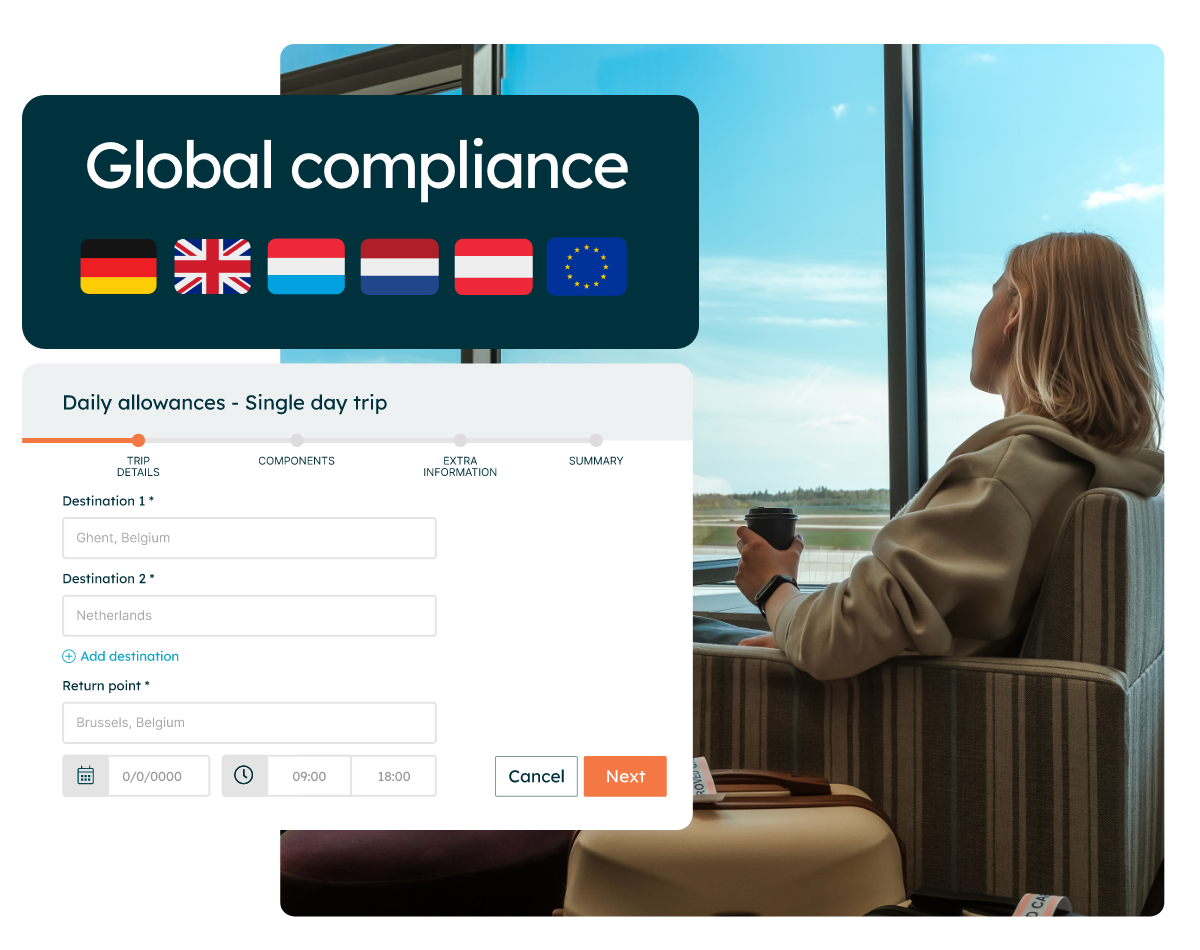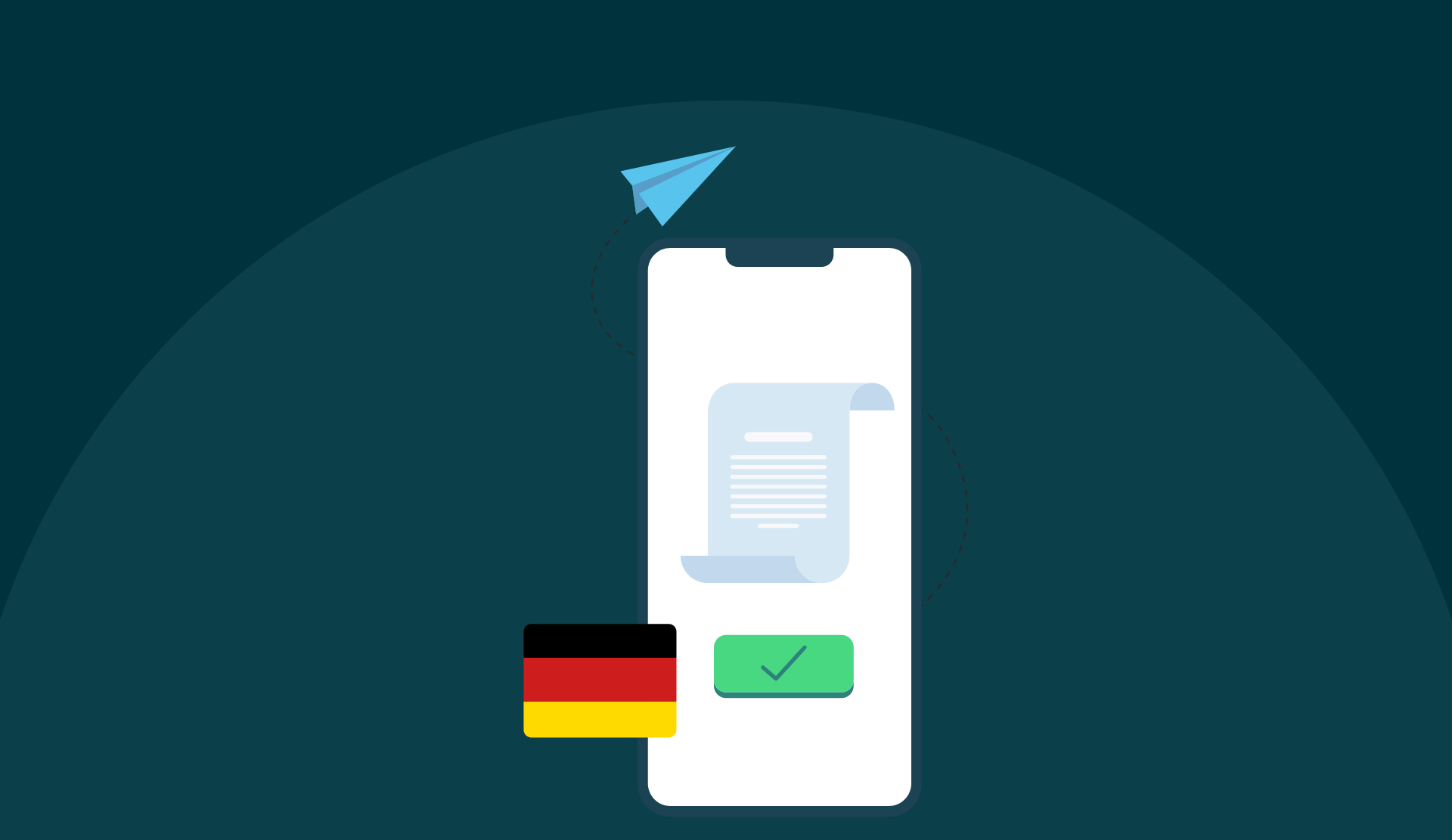If your business is VAT registered, you’re entitled to reclaim VAT on eligible expenses. While this can be a valuable source of savings, VAT compliance remains a challenging and ever-changing landscape, particularly for companies operating across multiple jurisdictions.
With new regulations rolling out in the Netherlands and the EU, and familiar mistakes still tripping up many businesses, it’s more important than ever to stay on top of VAT developments and streamline your reclaim process.
Don't know what VAT stands for? Explore our glossary page.
Dutch VAT updates for 2025
Based on our partner's blog "Global VAT Guide: June 2025."
SPV guidance from the EU VAT committee
On 23 April 2025, the EU VAT Committee issued new guidance following its 125th meeting, clarifying how to determine the taxing country for supplies made using Single-Purpose Vouchers (SPVs):
| Service type | Rule for VAT determination | Relevant article |
|---|---|---|
| Electronic services (B2C) | VAT is due where your customer is located | Article 58 (VAT Directive) |
| Electronic services (B2B) | VAT is due where your customer’s business is established | Article 44 (VAT Directive) |
| Non-electronic services – immovable property | VAT is due where the property is located | Article 47 (VAT Directive) |
| Non-electronic services – goods (no transport) | VAT is due where the goods are at the time of supply | Article 31 (VAT Directive) |
This new clarity helps businesses issuing SPVs confidently apply VAT rules across EU Member States, minimising audit risk and simplifying cross-border compliance.
Updated VAT rules for public transport and taxi receipts (Netherlands)
As of 9 May 2025, the Dutch Tax Authority has modernised invoicing rules to reflect digital transport payments. Businesses can now use a “transactieoverzicht” (transaction summary) as a valid VAT invoice, even when no paper ticket is issued.
| What must the digital receipt include? | Details |
|---|---|
| Date of issue | The date when the receipt is generated |
| Supplier identity | For example, the public transport operator |
| Journey date | The date of travel |
| Distance travelled | The total distance covered |
| VAT breakdown or calculation details | Either the VAT breakdown or enough information to calculate it (e.g. total with 9% VAT) |
This update simplifies compliance for:
- Businesses reimbursing employee travel
- Companies reclaiming VAT on transport expenses
- Transport providers using contactless or app-based systems
Early VAT return rejections begin 27 May 2025
To improve processing efficiency, the Dutch Tax Authority has announced that early VAT returns will be automatically rejected starting 27 May 2025.
What’s changing?
VAT returns submitted before the 24th calendar day of the final month in the reporting period will be rejected.
Examples:
- Q1 return submitted before 24 March = rejected
- Q2 return submitted before 24 June = rejected
What you need to do:
- Update your internal VAT filing timelines
- Configure accounting systems to align with the new submission windows
- Always submit on or after the 24th of the last month in your VAT period

What are common VAT compliance issues, and how can you avoid them?
Despite best intentions, many companies still lose out on reclaimable VAT due to preventable errors. Here are four of the most frequent VAT compliance pitfalls, and how to avoid them with modern tools and practices.
4 common mistakes made by employees in the Netherlands:
1. They lose their receipts which results in huge fines
That faded, crumpled receipt in someone’s pocket? It could be costing your business reclaimable VAT.
Solution: Switch to an automated expense management solution. Mobilexpense enables employees to capture and submit receipts on the go. Images are stored securely and integrated into your finance systems, ensuring:
- No more end-of-month receipt hunts
- Complete audit trails
- Maximum reclaim on eligible expenses
2. They often submit duplicate claims
A common error: claiming VAT on both the pro forma invoice and the final invoice. Over time, this can lead to serious penalties or red flags in audits.
Solution: Automated expense systems flag duplicate entries before they’re processed, giving your finance team the confidence that each claim is legitimate and accurate.
3. They fail to comply with VAT regulation changes
VAT rules change regularly, especially if you operate across multiple EU Member States. Without close monitoring, your business could easily miss out on claims or fall out of compliance.
Solution: For businesses operating internationally, working with a VAT recovery agent is often the safest route. These experts stay on top of regional VAT updates and ensure:
- Your claims are always compliant
- You maximise recoverable VAT
- You avoid costly penalties and resubmissions
4. They aren't sure what is included in their company's expense policy
Client dinners and entertainment may seem deductible, but VAT recovery on such expenses is often disallowed.
What you can reclaim:
- Team-building events
- Staff parties
- Internal celebrations
What you can’t:
- Customer-facing entertainment
- Client hospitality in most cases
The line can be blurry, which is why human oversight, backed by digital workflows, is essential for classifying and verifying these expenses correctly.
TL;DR
|
Mistake |
Impact |
Solution |
|---|---|---|
|
1. Losing receipts |
Lost VAT reclaim and risk of fines due to missing proof. |
Use an automated expense management solution to capture receipts on the go, store them securely, and ensure audit trails. |
|
2. Submitting duplicate claims |
Duplicate VAT claims (e.g. pro forma + final invoice) trigger audits and potential penalties. |
Implement automated duplicate detection to flag and prevent duplicate entries before processing. |
|
3. Not complying with VAT changes |
Outdated VAT practices result in missed claims or costly non-compliance penalties. |
Partner with a VAT recovery agent to stay compliant across regions and maximise VAT recovery. |
|
4. Misunderstanding expense policies |
Incorrect claims (e.g. client dinners) lead to rejected claims or VAT disallowances. |
|
Get your VAT right
With regulatory updates, evolving tax authority expectations, and shifting digital norms, VAT compliance is no longer a back-office task — it’s a strategic financial opportunity.
By combining Mobilexpense’s mobile-first expense management platform and expert human verification your business can eliminate costly mistakes, maximise VAT reclaim, and stay ahead of regulatory changes.

Share this
You may also enjoy
these related stories

Types of Expense Management Solutions and Their Benefits

VAT 2025: Current VAT Rates and German Examples

Travel Expense Reports Germany: What Applies for 8hour+ Trips


